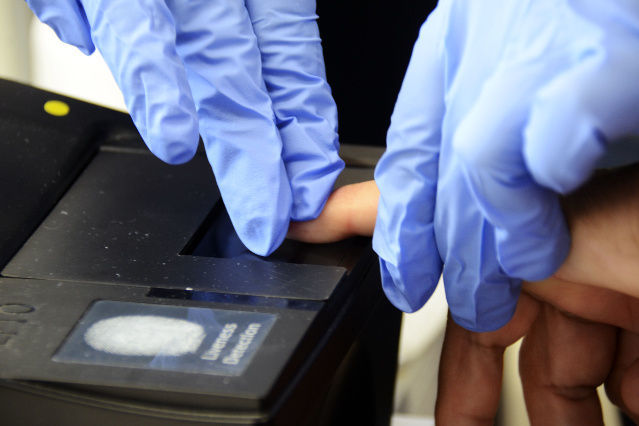EURODAC
The European Eurodac system is used to collect, centrally store (so-called central unit) and compare fingerprints of asylum seekers and refugees throughout Europe.

Within the framework of the European Union's (EU) common asylum policy, data comparison by Eurodac is intended to prevent people from applying for asylum or international protection in several EU Member States. Under certain conditions, fingerprint data can also be compared with data from the Eurodac system for the prevention, detection and investigation of terrorist offences or other serious criminal offences.
The legal basis is the Eurodac Regulation, which is directly applicable in the member states. The Eurodac system has been operating in the Member States of the EU since 2003.
Each EU Member State transmits the fingerprints taken from asylum seekers and illegal immigrants to the Eurodac Central Unit within 72 hours. In Germany, the BAMF or, if applicable, the border authorities, the immigration authorities, the police or the immigration centres are responsible for these measures. The fingerprints taken in Germany are transmitted to the Federal Criminal Police Office (BKA), where they are duplicated and forwarded to the Eurodac Central Unit. The BKA acts as the central national access point.
Following a comparison of the data with the fingerprint data transmitted by other Member States and already stored in the central system, the central system automatically transmits the hit/no hit of the comparison to the country of origin.
Persons who are subject of the processing have a right of access to information about the data stored about them in the Eurodac system. The BAMF is the competent authority for providing this access in Germany.
As the national supervisory authority, the BfDI is responsible for monitoring the lawfulness of data processing by the federal authorities in the context of Eurodac and works closely with the European data protection authorities and the European Data Protection Supervisor. If you have any questions about the procedure or need support in exercising your rights, please do not hesitate to use the contact options.
